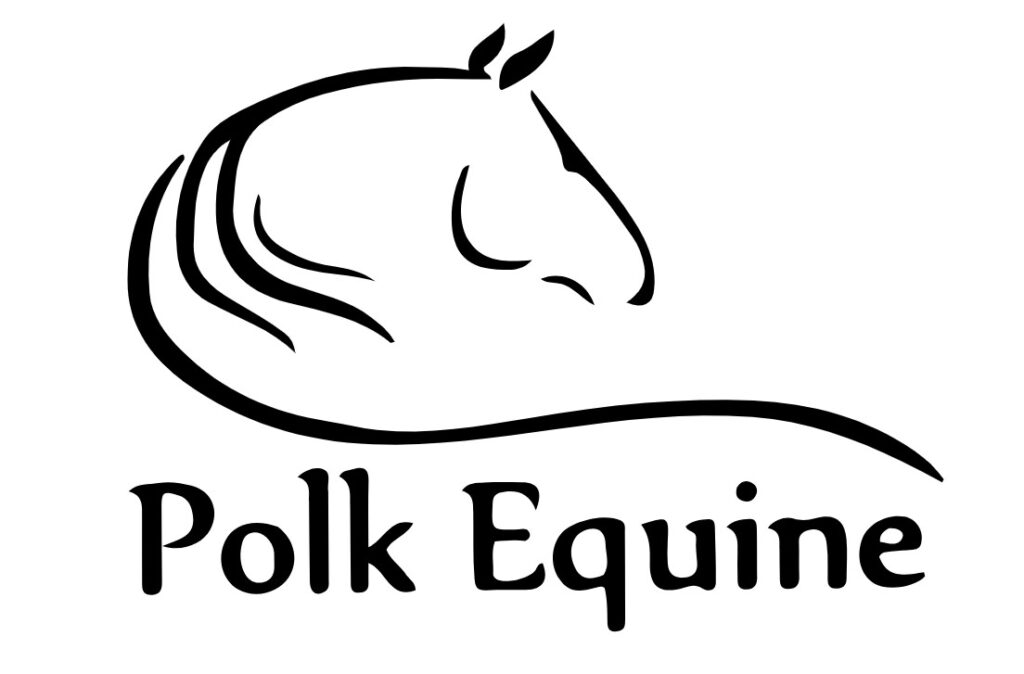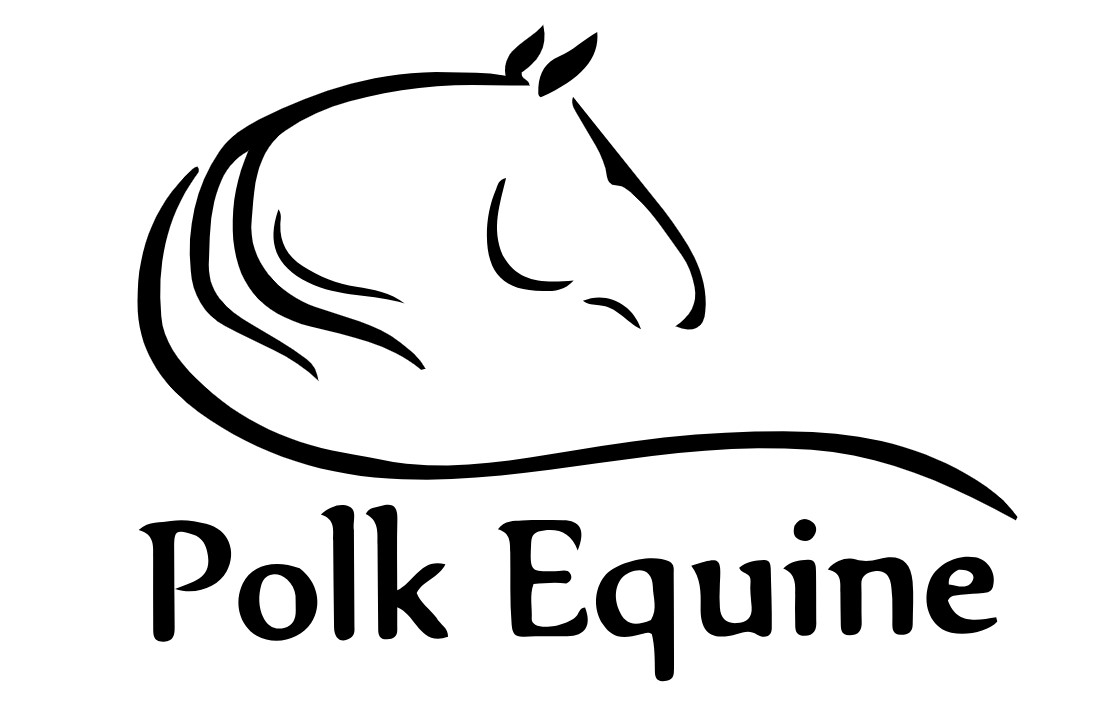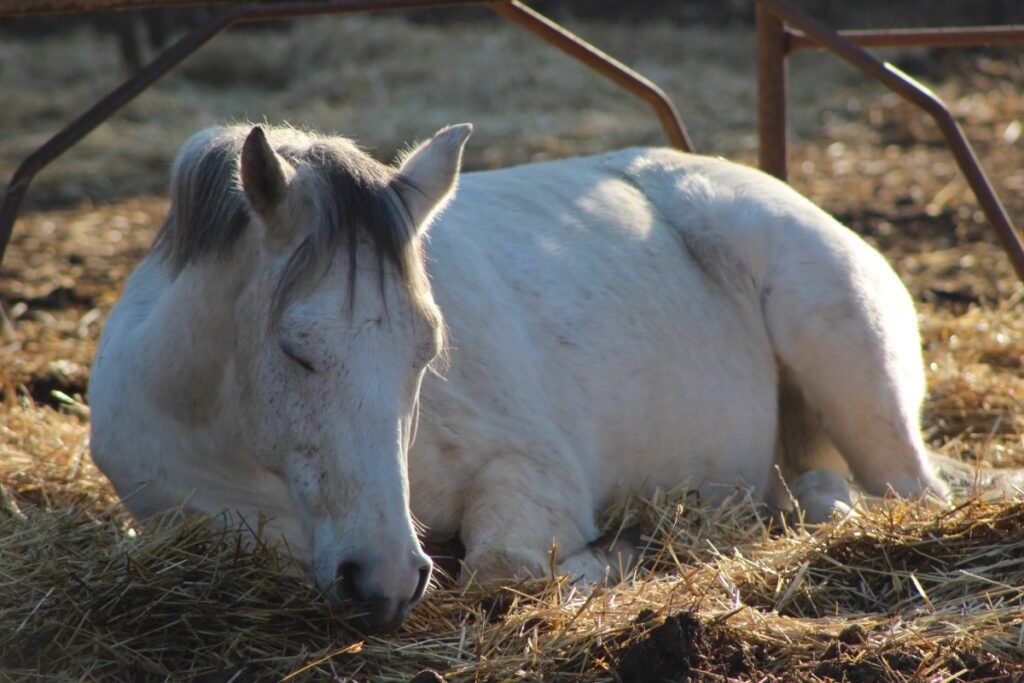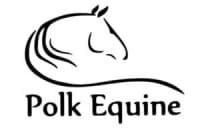An attentive horse owner will notice subtle changes in their horses’ behavior. Horses are creatures of habit and routine so these variations may indicate that the horse isn’t feeling well. Signs that may indicate colic are lethargy, lying down more than usual, pawing, decreased appetite, looking at their sides and diarrhea. Signs of colic means it’s time to call the veterinarian.
Colic and Care
Colic is a general term that includes numerous reasons for abdominal pain in a horse. Several reasons for colic will cause a horse to display the same clinical signs. An exam and diagnostic tests will help determine what the problem is. There are several possible reasons for colic, some more serious than others, so the best plan is to call your vet right away.
A common cause of colic is dehydration. When a horse doesn’t drink enough water, it can lead to an impaction (similar to constipation). Dehydration frequently occurs during the hot Florida summers, when water and electrolytes are lost from the body through sweat. It is also common when we have bad weather or when warm days suddenly turn cold. Your horse should have easy access to clean water throughout the day to encourage drinking. You can offer electrolyte or Gatorade water in addition to regular water to help replace lost electrolytes.
Another cause of colic, especially in this region of the country, is sand. As a general rule, all horses that live in Florida consume some amount of sand. The grains of sand can irritate the intestinal lining, leading to significant discomfort for the horse. This type of colic can be quite detrimental and sometimes requires surgery to remove the sand from the horse’s digestive tract. Minimizing the amount of sand your horse consumes can significantly reduce this type of colic. Some ways to minimize consumption is to feed grain over clean mats (so they don’t eat sand when collecting their dropped pieces), use grain feed bags to prevent dropped feed, use hay bags and treat with monthly psyllium.
Colic is often treated with a pain medication called banamine. While banamine can help alleviate discomfort, it will not fix a problem. Most colicky horses benefit from having a nasogastric tube paced and are given mineral oil and water. A majority of colics can be treated medically on the farm but there are more severe cases that require referral to an equine hospital for more advanced treatment and surgery.




